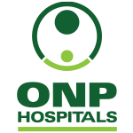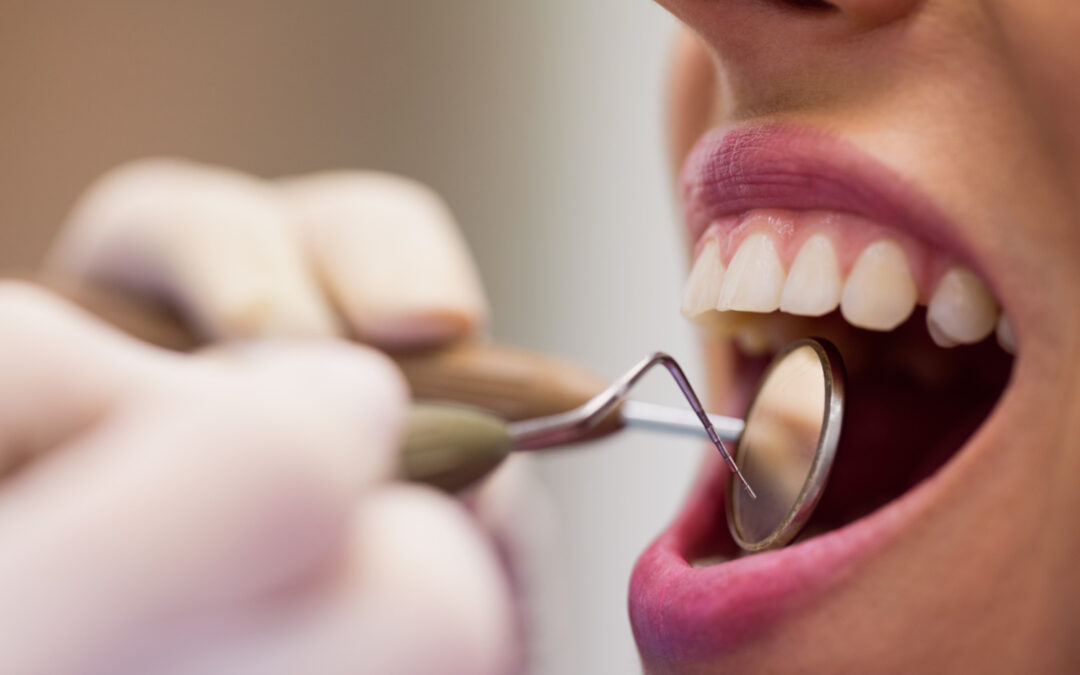Introduction Welcome to ONP Hospital, where the future of neonatal care unfolds within our state-of-the-artNeonatal Intensive Care Unit (NICU). Our commitment to delivering the highest standard of carefor our tiniest patients is evident in the cutting-edge technology,...
Introduction
Oral cancer, a type of head and neck cancer, is a serious and potentially life-threatening condition that affects various parts of the mouth, including the lips, tongue, cheeks, and throat. One of the significant risk factors for oral cancer is tobacco use. In this blog, we’ll delve into the connection between oral cancer and tobacco, explore the diagnosis and treatment options available, and discuss preventive measures to safeguard oral health.
The Link Between Oral Cancer and Tobacco:
Tobacco use in various forms—cigarettes, cigars, pipes, chewing tobacco, and smokeless tobacco—increases the risk of oral cancer significantly. The harmful chemicals in tobacco can damage the cells in the oral cavity and throat, increasing the chances of cancerous growth. Smoking also weakens the immune system, making it harder for the body to fight off cancer cells.
Diagnosis and Early Detection:
Early detection of oral cancer is vital for successful treatment outcomes. Dentists and healthcare providers play a crucial role in identifying potential signs of oral cancer during routine check-ups. Common symptoms include persistent mouth sores, unexplained bleeding, difficulty swallowing or speaking, and changes in the color or texture of oral tissues.
In addition to visual examinations, certain diagnostic tests can help confirm oral cancer, including:
Biopsy: A tissue sample is taken and examined for cancer cells.
Imaging tests: X-rays, CT scans, and MRIs help determine the extent of cancer and its spread.
Endoscopy: A thin, flexible tube with a camera is inserted to examine the inside of the throat and voice box.
Treatment Options:
The treatment plan for oral cancer depends on the stage of cancer, its location, and the overall health of the patient. Treatment options may include:
Surgery: Removal of the tumor and surrounding tissues. In some cases, reconstructive surgery may be necessary.
Radiation Therapy: High-energy rays target and kill cancer cells.
Chemotherapy: Drugs are used to kill cancer cells or stop their growth. It can be used alone or in combination with other treatments.
Targeted Therapy: Drugs specifically target cancer cells’ vulnerabilities, sparing healthy cells.
Immunotherapy: Boosts the body’s immune system to recognize and attack cancer cells.
Preventive Measures:
The best approach to oral cancer is prevention. Here are crucial steps to reduce the risk:
Avoid Tobacco: Quitting tobacco use is the most effective way to reduce the risk of oral cancer.
Limit Alcohol Consumption: Excessive alcohol consumption increases the risk of oral cancer, especially in combination with tobacco.
Maintain Oral Hygiene: Regular brushing, flossing, and dental check-ups can help identify any unusual changes in the mouth.
Sun Protection: Protect your lips from excessive sun exposure by using lip balm with sunblock.
Healthy Diet: A diet rich in fruits, vegetables, and whole grains provides essential nutrients that may help prevent cancer.
Regular Screening: Regular dental check-ups enable early detection of any abnormalities.
Conclusion :
Oral cancer is a serious health concern, with tobacco use being a major contributing factor. By understanding the risks, adopting healthy lifestyle choices, and seeking regular dental care, you can significantly reduce your chances of developing oral cancer. If you use tobacco, consider seeking support to quit, and if you notice any persistent oral symptoms, consult a healthcare professional promptly for a proper diagnosis. Your oral health is essential, and taking steps to protect it can make a significant difference in your overall well-being.



